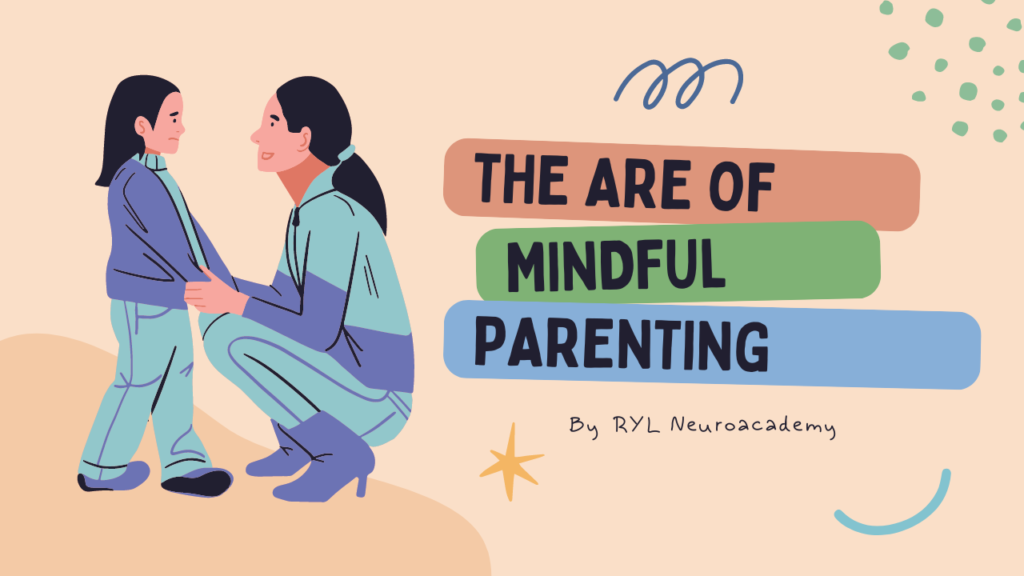
Introduction
In today’s fast-paced world, stress has become a constant companion for many—whether due to work pressure, academic demands, or personal challenges. As anxiety levels rise, people are increasingly turning to holistic solutions, and one powerful method gaining attention is music therapy. This scientifically-backed practice uses the healing power of music to calm the mind, reduce stress hormones, and improve overall mental well-being.
In this article, we’ll explore how music therapy works, its proven benefits for stress relief, and practical techniques you can start using today to bring more peace and balance into your life.
What is Music Therapy?
Music therapy is a clinical and evidence-based practice that uses music to improve mental, emotional, and physical well-being. Originating in the early 20th century, it became widely recognized after World War II for helping veterans cope with trauma.
There are two main types: active music therapy, where individuals create or perform music, and receptive music therapy, where they listen and reflect. Sessions are conducted by certified music therapists, trained professionals who tailor therapeutic experiences to each individual’s needs.
The Science Behind Music and Stress Relief
Music has a powerful effect on the brain, triggering the release of feel-good chemicals like dopamine while reducing stress hormones such as cortisol. Neuroscience shows that soothing music can slow heart rate, lower blood pressure, and activate relaxation centers in the brain.
Psychological studies have consistently found that music therapy helps reduce anxiety, improve mood, and enhance emotional regulation, making it a proven tool for stress relief.
Benefits of Music Therapy for Stress
Music therapy offers a range of mental health benefits, making it a powerful tool for stress management. It helps reduce anxiety and depression, promotes better sleep quality, and boosts mood and emotional resilience.
By encouraging relaxation and mindfulness, music therapy supports a calm, focused mind and overall emotional well-being—naturally and effectively.
Conclusion
Music therapy is a powerful, natural way to reduce stress, improve mood, and boost emotional well-being. From guided listening to creating your own tunes, simple techniques can make a big difference.
Give music therapy a try and feel the calming effects for yourself.Have a favorite stress-relief song or experience? Share it in the comments—we’d love to hear from you!

